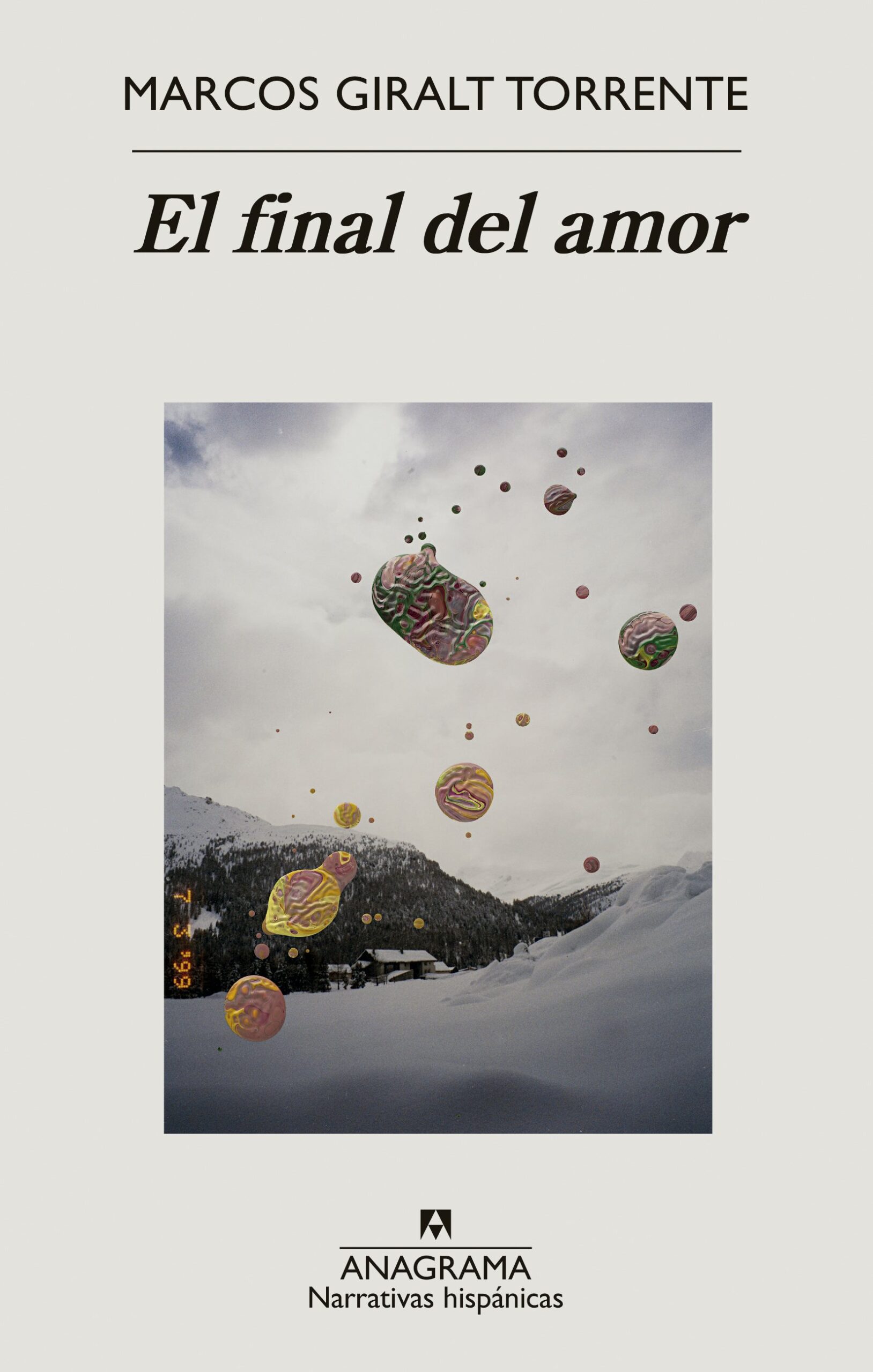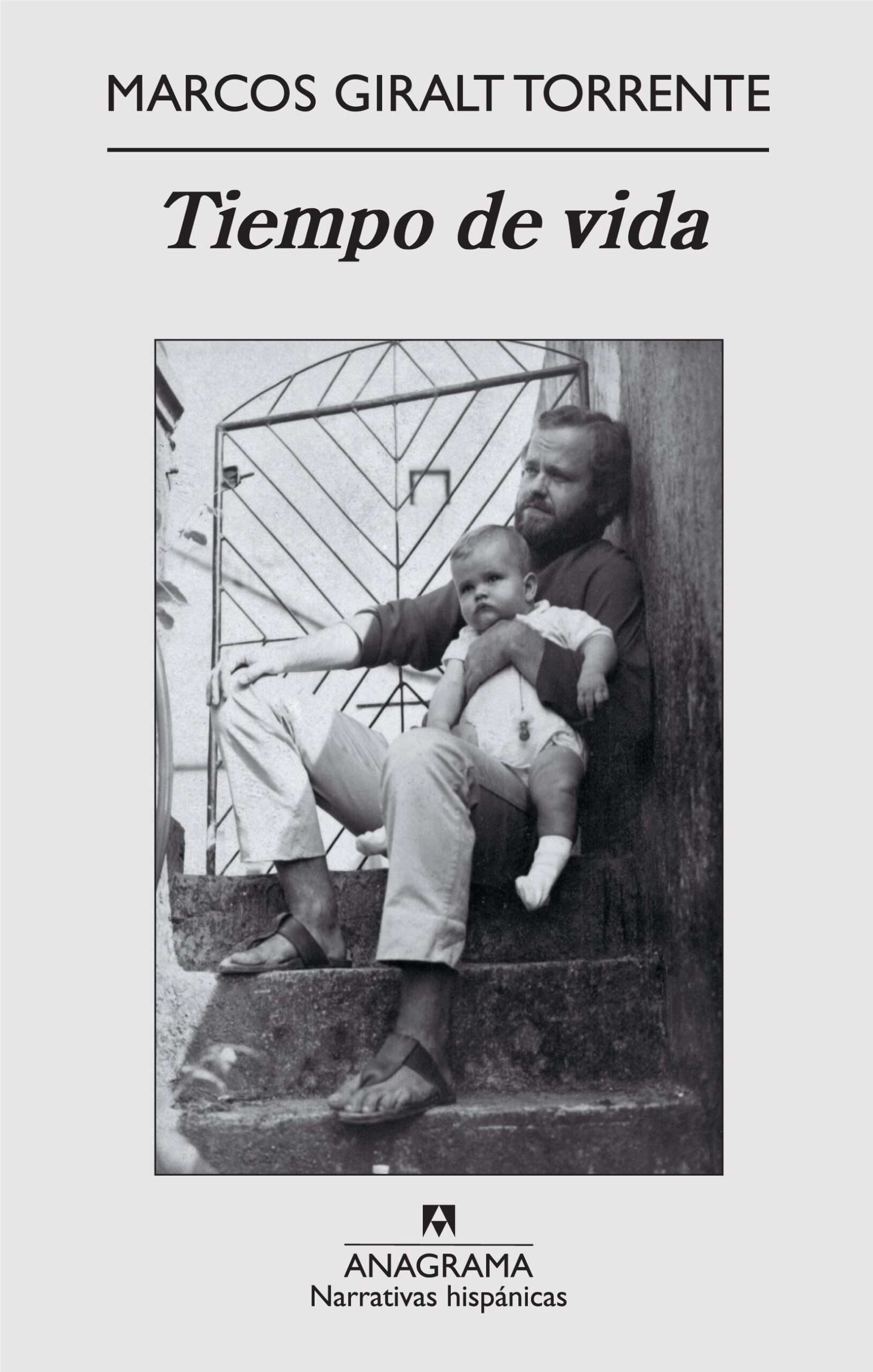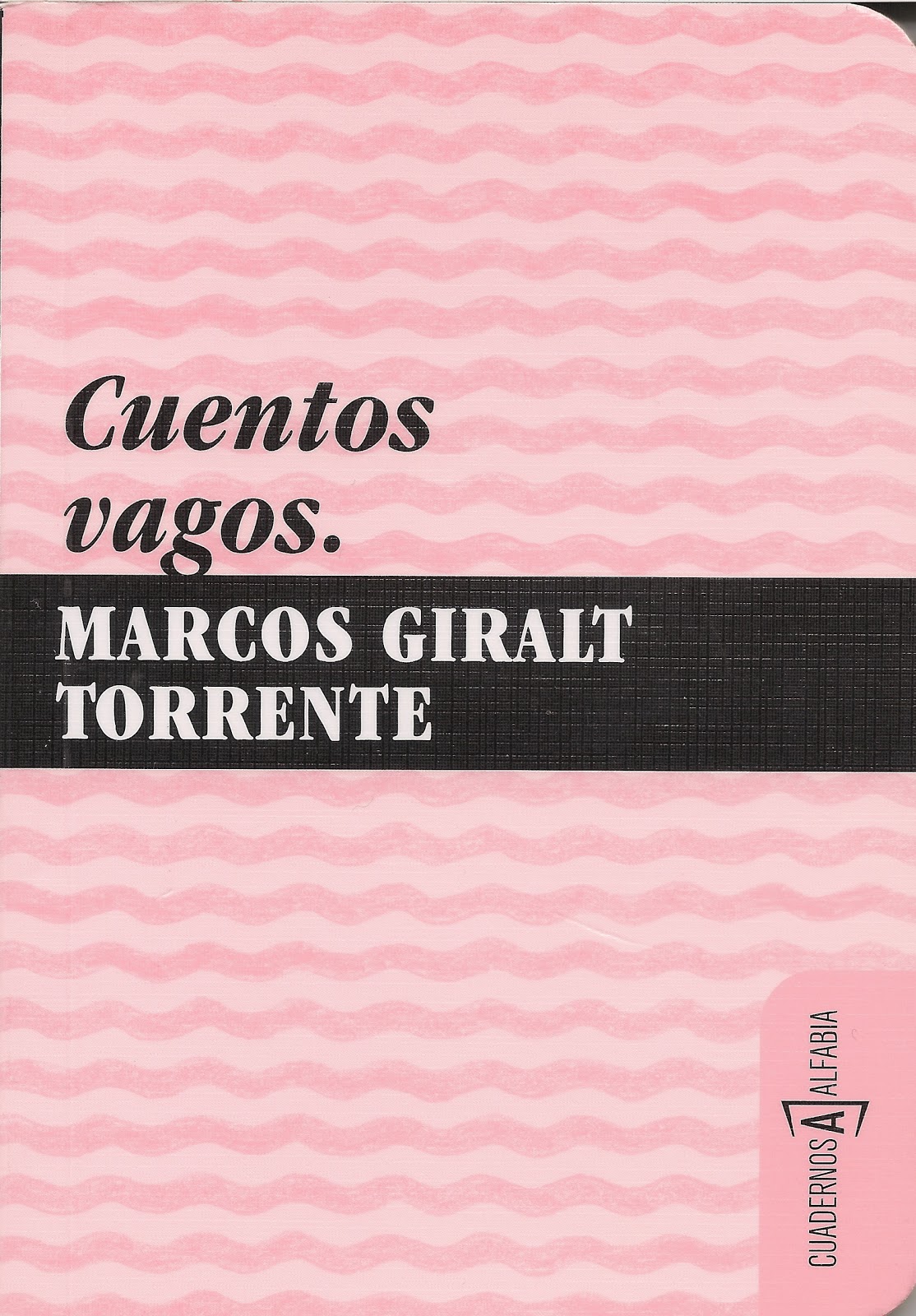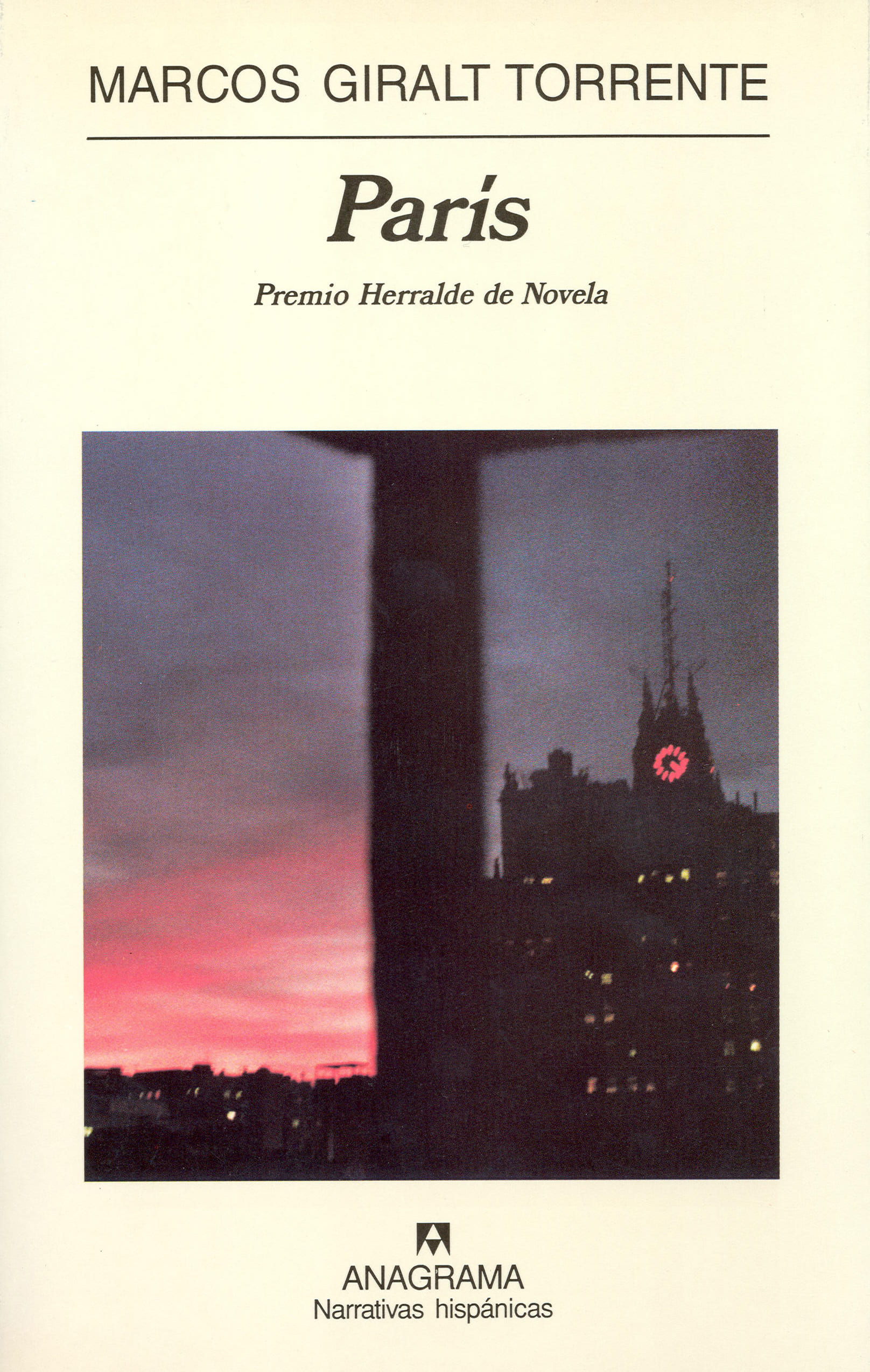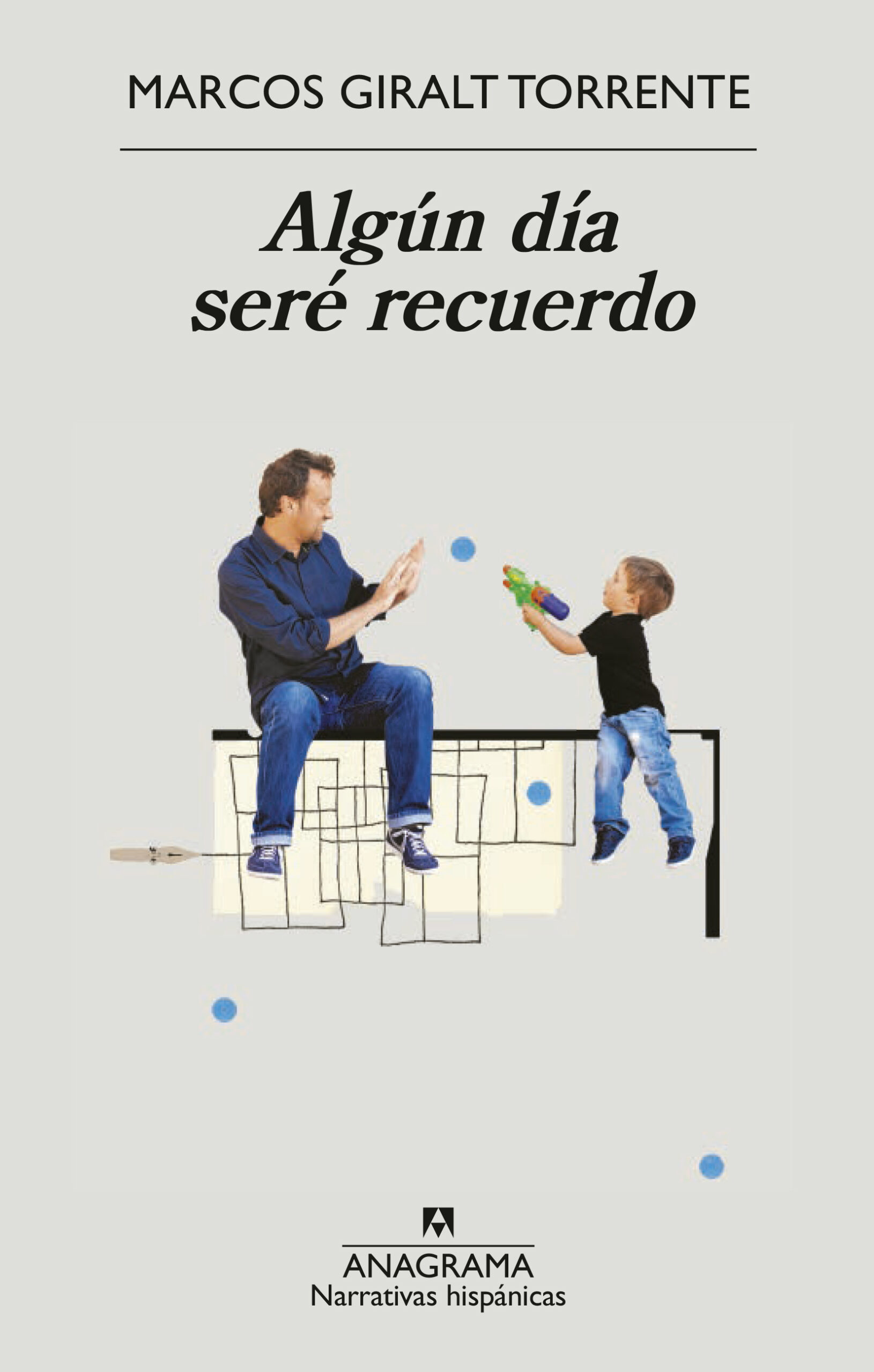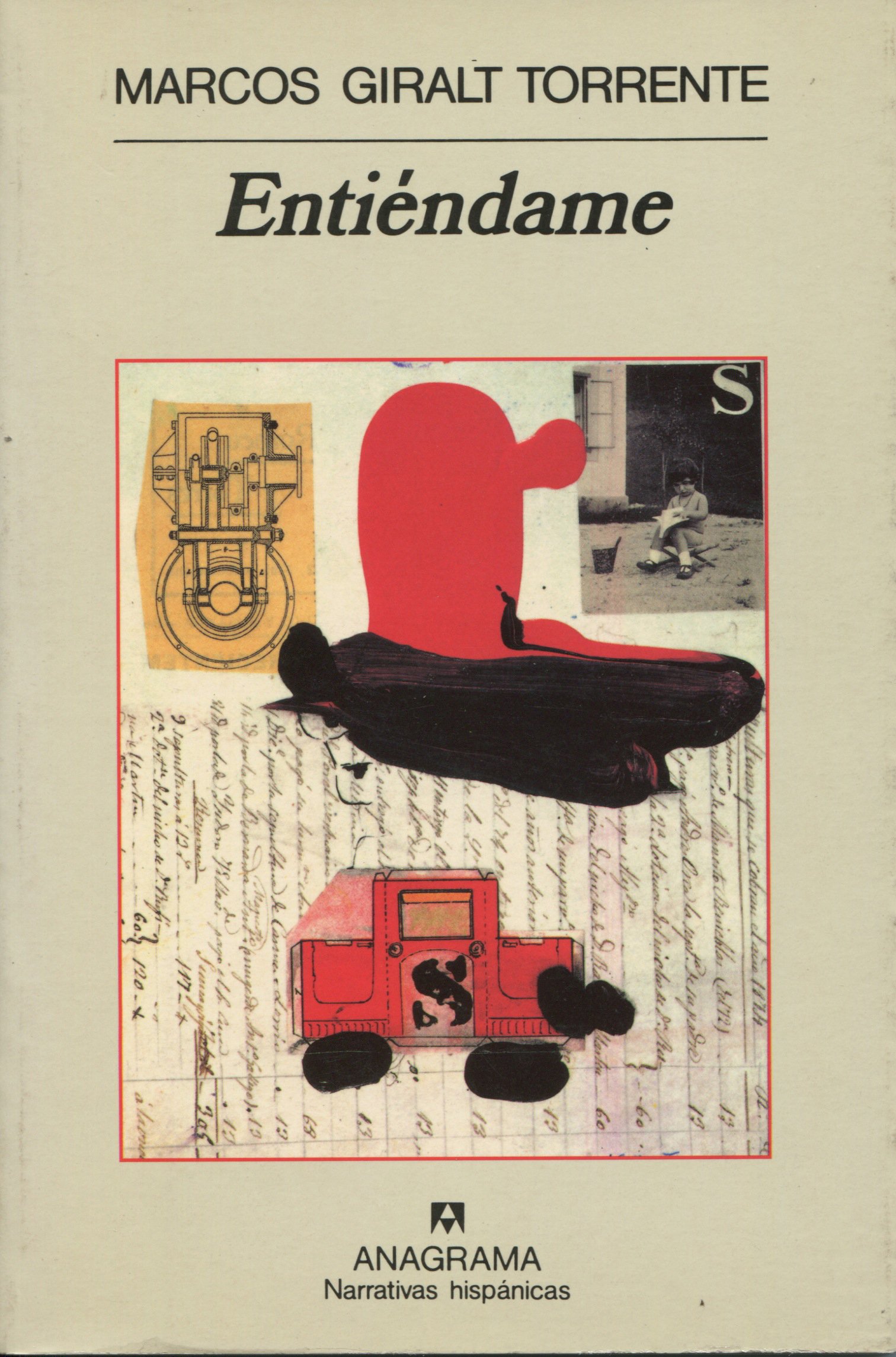
Los seres felices
Los seres felices masterfully develops Marcos Giralt Torrente’s main stylistic traits, and confirms him as one of the most original and powerful voices in contemporary Spanish literature.
Two brothers, a father, a dead mother and a living one, a photo… A couple, a trip and an intermittent character who unknowingly conspires from the shadows. The radical diversity of human relationships and the strange codes that rule the most unpredictable of them all-love. M. Giralt Torrente’s new novel could be summed up this way if it weren’t for the fact that, as it unfolds, the story shoots off in unforeseen directions.
The protagonist, a young architect married to a woman he admires, tells what drove him to his present state of confusion and persistent anxiety where, sure as he is he doesn’t deserve what life has granted him, he fears that one day everything might be snatched from him. Nevertheless, the manner in which he leads us through his memories is never innocent-past and present alternate, involving the reader in a subtle game of revelation and masking, of truth and lies. A magnificent love story, a dazzling inquiry, sometimes tinged with a sobering sadness and other times with irony, which transforms concealment into a modern domestic epic tale of memory and confession.
«A devasting family portrayal.» J.E. Ayala-Dip, El País
«One of those books which, pencil in hand, you wouldn’t stop underlining.» C. Cernadas, Qué Leer
«An excellent novel (…) the rhythmic fluidity remains undiminished throughout. A novel that is full of nuances, and which surprises with the seamless joining together of its parts (…) Marcos Giralt Torrente keeps a firm grip on the reins of this, his excellent novel.» I. Nuñez, La Vanguardia
«It is with great skill and effectiveness that the pace of the prose is adapted of the rhythm of the narrative (…) In short, this is a good novel, of special importance in our debased society for its moral viewpoint and search for the truth.» Á. Basanta, El Mundo
«A radical and profound commitment to writing (…) A respectful celebration of the established art of narrative.» G. García Pino, La Razón
Italy: Fazi; Portugal: Teorema
